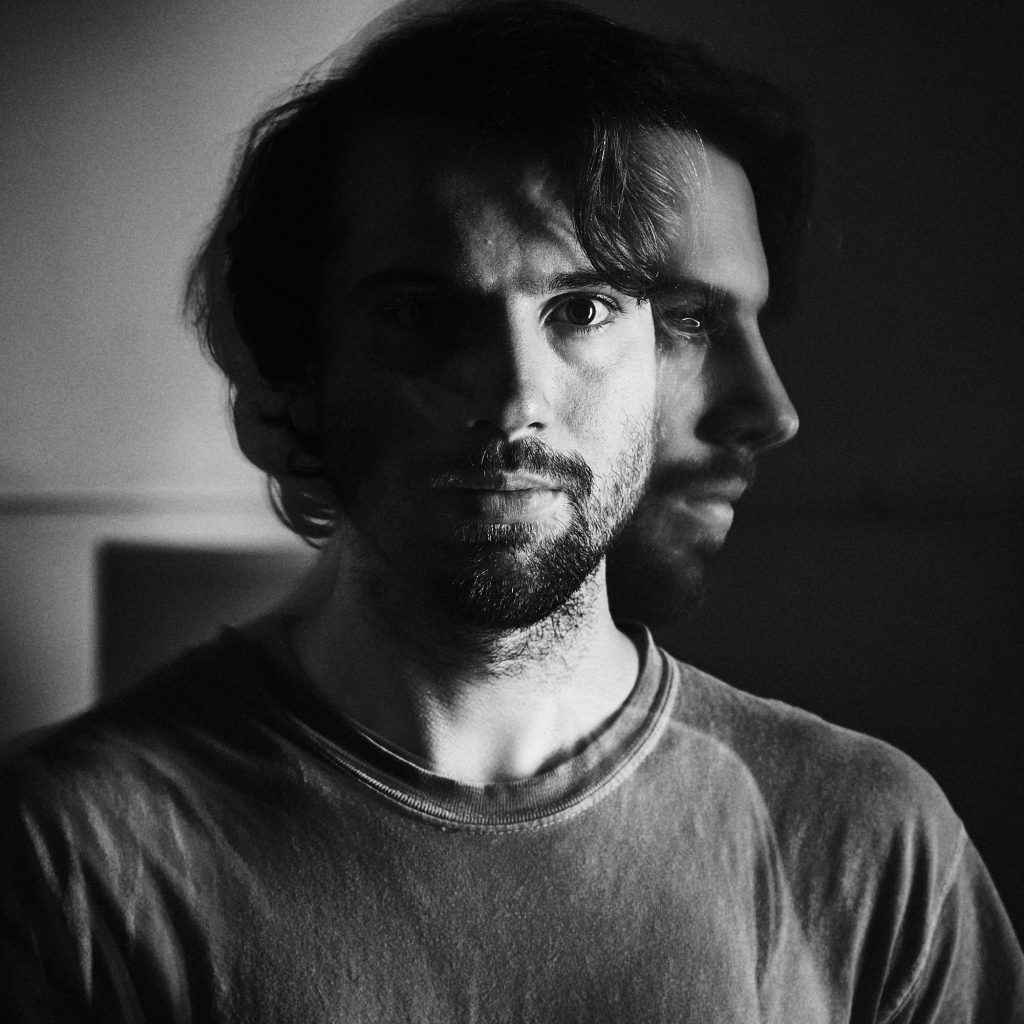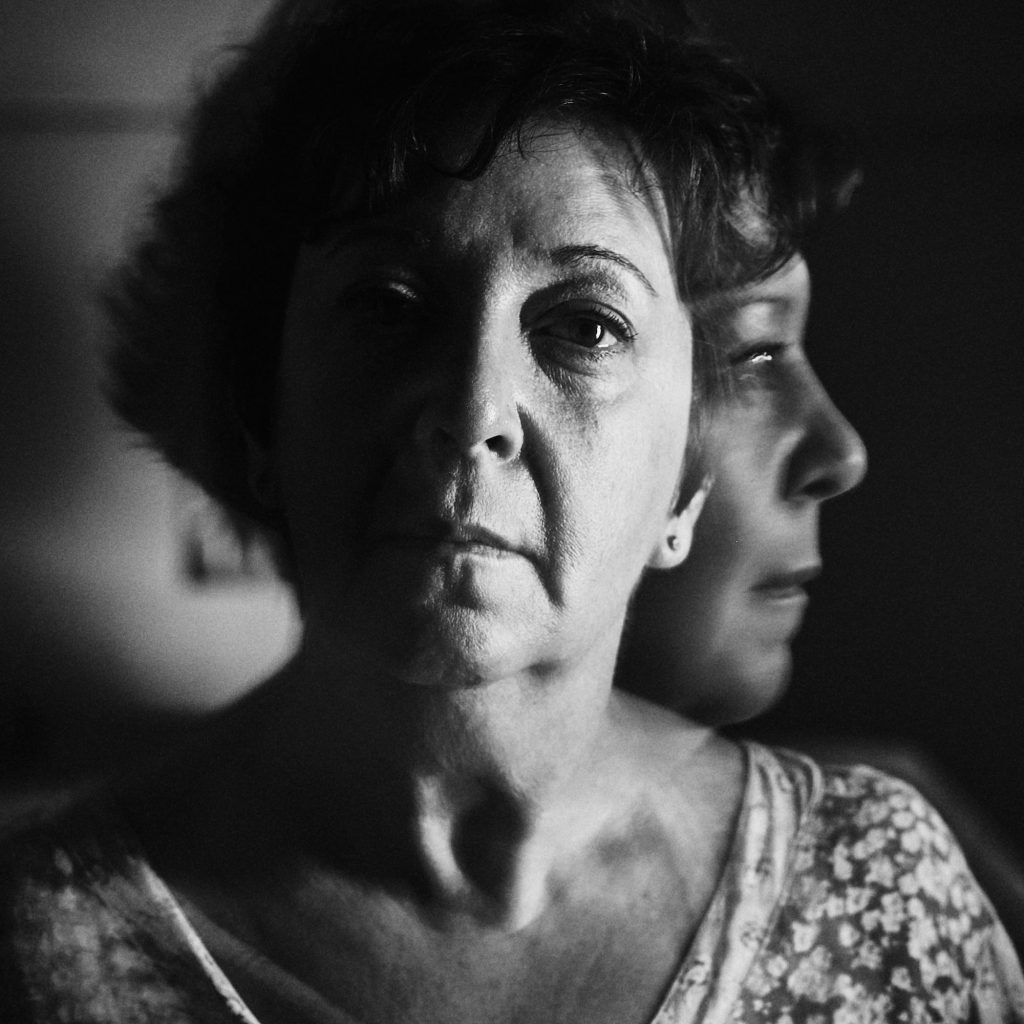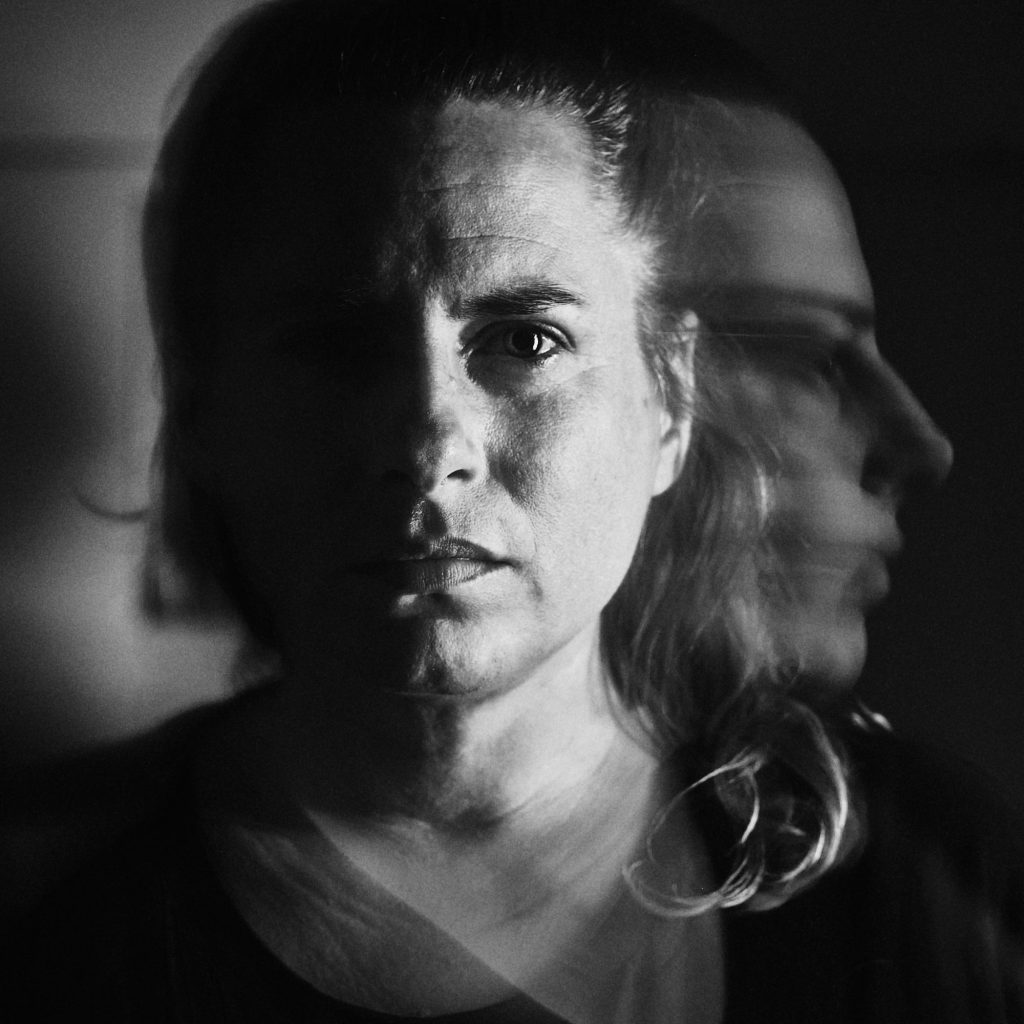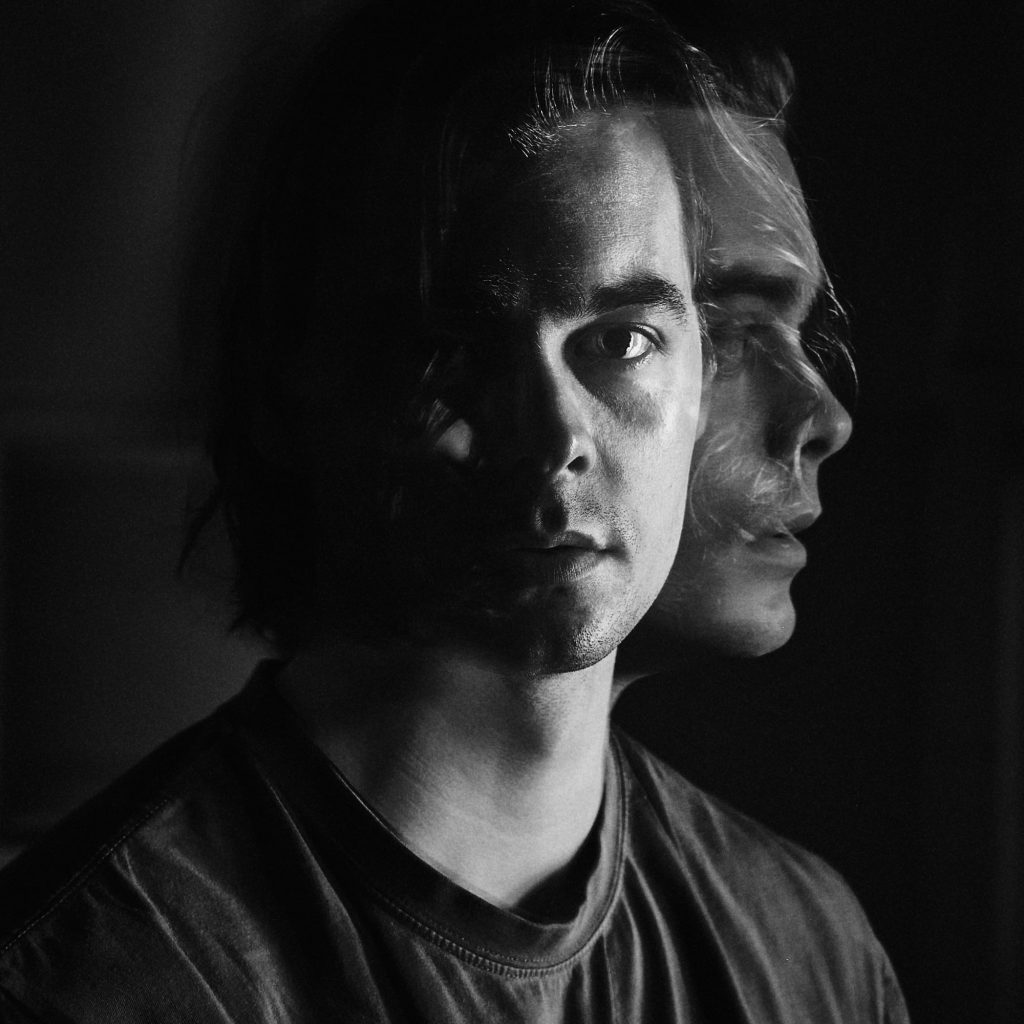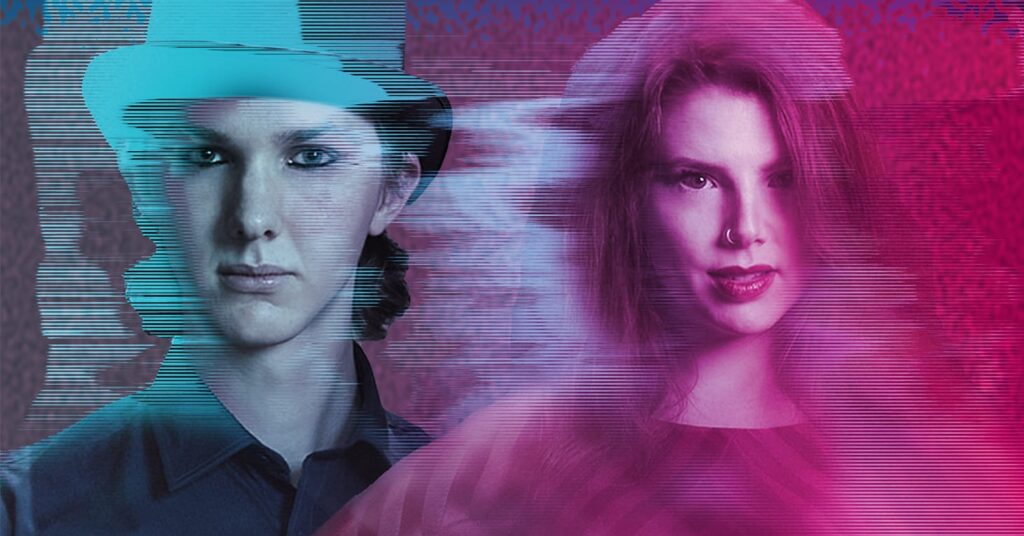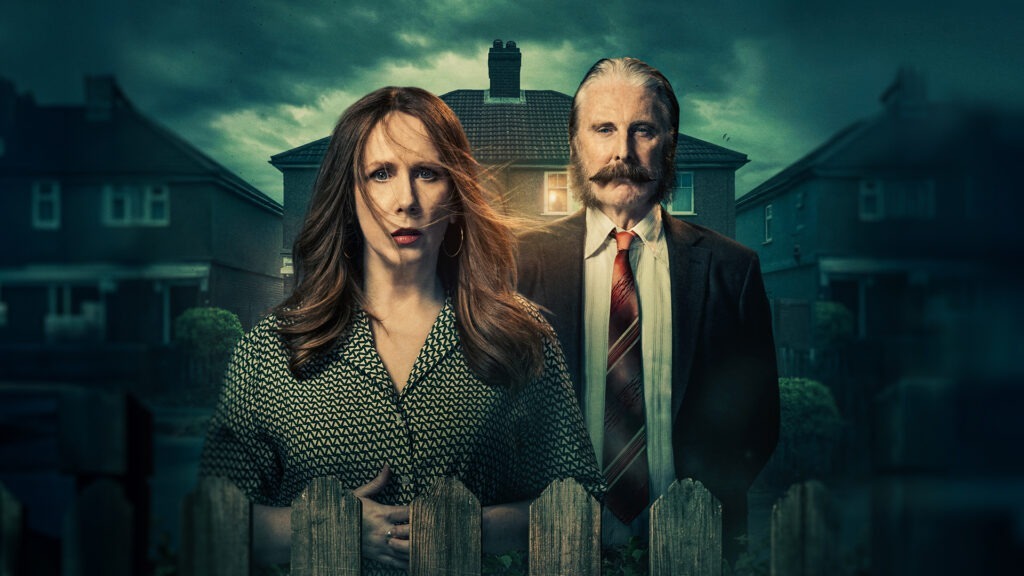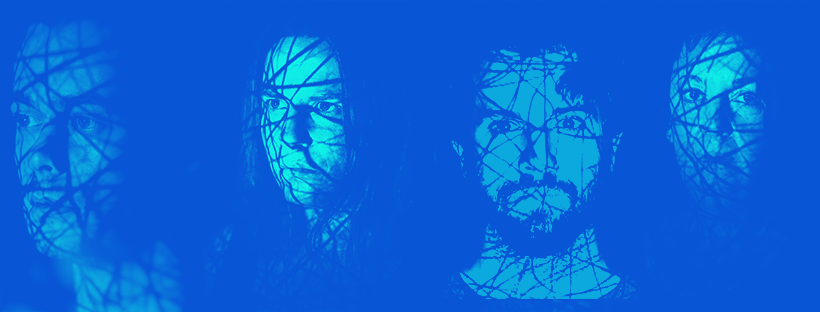
‘Leaves of Glass’ // The X Collective
‘Leaves of Glass’ was haunting.
Kicking off their 2022 season, The X Collective produces a captivating piece of psychological theatre through their performance of ‘Leaves of Glass’, directed by Wayne McPhee and written by Philip Ridley.
Staged at the Brisbane Latvian Community Hall, ‘Leaves of Glass’ is a complex psychodrama about family members Steven, Barry, Liz and Debbie, who would rather die than talk about their shared guilt and grief. Amongst the madness of the script, the self-destruction of the characters and the violent action, The X Collective makes a clear statement about the effects of familial mental illness, and how we respond to fear. The play is brutal and intense but beautifully honest and human.
While the script was originally produced in London’s Soho Theatre, the play presents the challenges and difficulties that many families face. The twisted story is not unique to the English, but rather told through universal body language, including cold glares, uncomfortable silences, and physical violence – signals which many Australians are familiar with. As such, localising and stylising the script for an Australian audience may lead to further emotional engagement and cause less stress for the cast, who were presenting a buffet of British accents throughout the play. The performance was at times difficult to listen to, made up for by the physicality of the actors.
McPhee used the stage skilfully by breaking the area into three distinct locations: Steven and Debbie’s house, Liz’s house, and Steven’s office/cellar. This was effective and guided the audience between the scenes. Using the entire stage, McPhee utilised various levels to ensure a visually dynamic performance. Overall, the show was mostly engaging, however, the tempo of the performance lulled between scenes due to long blackouts and set changes.
While the show struggled to regain momentum after each lengthy blackout, it flourished through its comedic timing. The performance provoked audible audience reactions, especially in scenes between Steven and Debbie. The skillful comedic timing of the production is a testament to McPhee’s direction of the cast.
The performances were engaging and dynamic. Sandra Harman’s portrayal of Liz carried the show. Harman delivered a multi-dimensional woman, holding her own against the other outspoken characters. Her nurturing performance brought a calmness to the production that was much needed.
Nathan Kennedy played the self-deprecating Steven wholeheartedly. Kennedy presents a man on edge, disconnected with his family and torn between the ghosts of his past and present. His verbally fuelled fight scenes between co-star Aidan O’Donnell were powerful.
O’Donnell’s stage presence matched that of his co-star, Kennedy. His performance as the childish, problematic sibling, Barry, aided the storyline by balancing out Kennedy’s erratic actions. It was clear that O’Donnell and Kennedy worked hard to present an authentic “brotherly bond” to the audience.
Caroline Sparrow perfectly epitomised the “Geordie Shore/Bogan” character type through her performance as Debbie. With less stage time and dialogue than her three castmates, Sparrow stood out with her quick wit, lively persona, and comedic timing.
Lighting design by Cate Peterson was simple but effective in complementing the many stage props and ever-changing set design. The lighting changes transformed the space between locations, and while subtle, aided in guiding the audience between scenes and distinguishing Steven’s monologues.
Clocking out at 2.5 hours (with a 15-minute intermission), The X Collective’s ‘Leaves of Glass’ was a haunting piece of psychodrama.
‘Leaves of Glass’ performs until April 30th at the Brisbane Latvian Hall, Woolloongabba. For more information visit The X Collective’s Facebook page.
Photos by Naz Mulla




